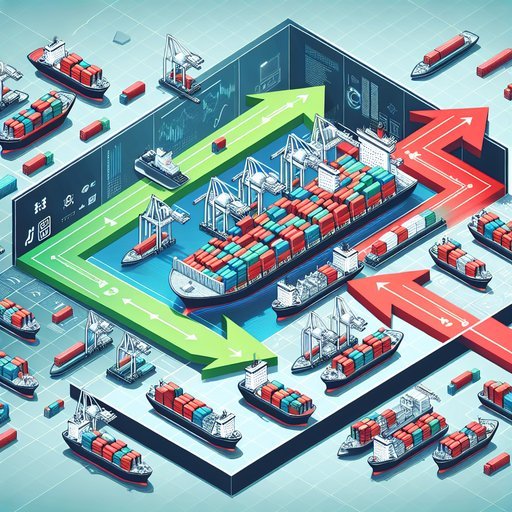
In a significant development that reshapes tech industry relations, Taiwan has imposed stringent export controls on China’s major tech firms Huawei and SMIC. Announced on June 14, 2025, these measures target critical components necessary for chip manufacturing, potentially disrupting the supply chains of two of China’s largest tech companies [1]. This move adds a fresh chapter to the ongoing technology trade tensions, with analysts closely watching its ripple effects across global markets.
Taiwan's decision to restrict exports to Huawei and SMIC highlights the island's strategic role in the global semiconductor industry. The export controls cover sensitive technologies required for advanced chipmaking, areas where Taiwan has maintained a competitive edge [1]. By targeting these specific exports, Taiwan aims to uphold its national security interests amid escalating geopolitical tensions between China and the West. This action is expected to provoke a strong response from Beijing, which may view it as an intensification of existing trade hostilities.
The immediate impact of Taiwan's controls is likely to be significant, affecting the operations of Huawei and SMIC, companies that heavily rely on Taiwanese technology. The restrictions could delay production schedules and heighten competition for alternative supply sources, prompting both firms to seek partnerships elsewhere. Such disruptions are likely to exacerbate existing supply chain challenges already strained by previous trade conflicts and the geopolitical environment [1]. Market reactions have reflected concerns over heightened trade tensions.
Cryptocurrency markets, often sensitive to geopolitical events, showed resilience, with Bitcoin trading around $105,100 amidst the news [2]. While a slight drop was observed, traders appear to brace for potential market volatility linked to these developments [3]. This stability might signal some confidence in Bitcoin as a hedge against traditional market upheavals caused by trade disruptions. As these trade complexities unfold, the global economic landscape faces increasing uncertainty.
Countries like Canada, navigating these turbulent waters, might witness geopolitical spillovers even as they attempt to remain neutral ground in global trade disputes [4]. As the G7 leaders gather without directly addressing the trade war, Taiwan's actions may become a crucial discussion point, further influencing international economic policies and alliances in the weeks to come [5]. This latest turn continues to underline the intricate web of technology, trade, and geopolitics that defines today's global economy.
Sources
- Taiwan Imposes Export Controls On China's Huawei, SMIC (Biztoc.com, 2025-06-14)
- Bitcoin Remains Defiant Amid Escalating Middle East Conflict and Trade War Fears (Biztoc.com, 2025-06-14)
- Bitcoin Remains Defiant Amid Escalating Middle East Conflict and Trade War Fears (CoinDesk, 2025-06-14)
- How Canada emerged as the safest port in a storm of global trade (Biztoc.com, 2025-06-13)
- At the G7, the trade war will be everywhere but on the agenda (Biztoc.com, 2025-06-13)
























